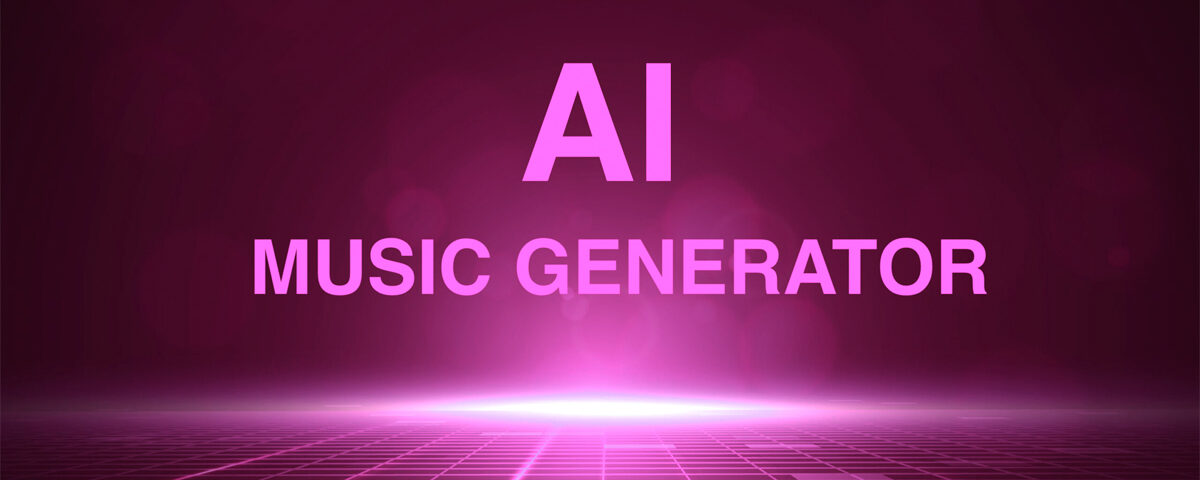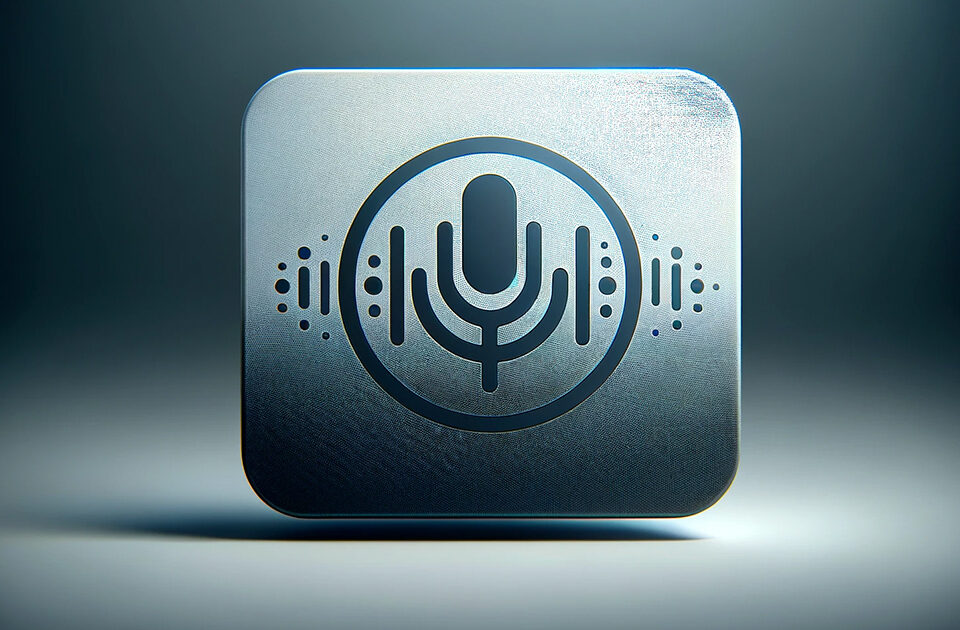AI-Powered Music Composition and Generation – Unveiling the Harmonious Symphony of Machine Creativity
The world of music composition has witnessed a paradigm shift with the advent of Artificial Intelligence (AI). AI-powered music generation has emerged as a fascinating area of research and development, pushing the boundaries of human creativity and expanding the horizons of musical expression. AI algorithms, particularly those utilizing deep learning models and generative adversarial networks (GANs), have enabled machines to not only analyze complex musical patterns but also generate original compositions that evoke emotions, captivate audiences, and blur the lines between human and machine artistry.
Analyzing Musical Patterns:
AI algorithms excel in the analysis of intricate musical patterns that humans might find challenging to discern. These algorithms are capable of processing vast amounts of musical data and identifying recurring motifs, chord progressions, rhythms, and melodic structures across different musical genres and styles. One of the key methods employed in this context is recurrent neural networks (RNNs), which can capture sequential patterns and dependencies within music.
Deep Learning Models for Music Generation:
Deep learning models, especially Long Short-Term Memory (LSTM) networks and Transformer architectures, have proven to be powerful tools for music generation. LSTM networks can retain information over extended sequences, allowing them to produce coherent and compelling musical compositions. Transformer-based models, on the other hand, leverage attention mechanisms to capture long-range dependencies in the music, enabling them to generate more contextually aware and musically engaging pieces.
The Training Process:
The process of training AI models for music composition involves exposing them to vast collections of existing musical compositions. These datasets can include classical compositions, modern hits, and everything in between. By learning from these diverse examples, the AI model gains an understanding of musical structures, harmonies, and stylistic nuances.
Generative Adversarial Networks (GANs) in Music Creation:
Generative adversarial networks (GANs) have become a groundbreaking approach in AI music generation. GANs consist of two neural networks – a generator and a discriminator – engaged in a competitive dance. The generator creates music, attempting to produce compositions that resemble human-created music, while the discriminator evaluates the generated music’s authenticity against real compositions. Through this iterative process, the generator learns to create increasingly realistic and expressive music.
Human-AI Collaboration in Music Composition:
One intriguing aspect of AI-powered music composition is the collaboration between humans and machines. Musicians and composers are now partnering with AI systems to explore novel musical ideas and enhance their creative processes. AI tools can act as a source of inspiration, providing fresh perspectives and offering variations on musical themes that might not have occurred to the human mind.
Pushing Creative Boundaries:
AI-powered music composition is not about replacing human creativity; rather, it is about pushing creative boundaries and fostering new possibilities. These AI systems serve as co-creators, contributing to the artistic landscape and challenging musicians to delve into uncharted territories. By working hand in hand with AI, artists can experiment with innovative compositions and unlock new musical experiences for audiences worldwide.
Ethical Considerations:
While the growth of AI in music composition is exciting, it also raises ethical questions. For instance, concerns may arise regarding copyright and intellectual property rights when AI systems generate music that resembles the work of human composers. Determining the appropriate attribution and ownership of AI-generated compositions can be a complex and evolving legal challenge.
Future Prospects:
The future of AI-powered music composition looks incredibly promising. As AI algorithms continue to evolve, they will likely become more adept at understanding and mimicking human emotions in music, resulting in compositions that resonate more profoundly with listeners. Additionally, advances in AI-driven real-time music generation could revolutionize live performances, enabling musicians to collaborate seamlessly with AI systems on stage.
Summary:
AI-powered music composition and generation are rewriting the rules of musical creation and inspiring a new era of human-machine collaboration. The intricate analysis of musical patterns, the implementation of deep learning models, and the innovative use of GANs have transformed AI into a formidable musical force. By embracing this technology responsibly and nurturing a collaborative approach, musicians and composers can unlock a treasure trove of creative possibilities, forever altering the landscape of music as we know it. As we embark on this harmonious journey into the future, the symphony of human and machine creativity will continue to amaze and captivate generations to come.


